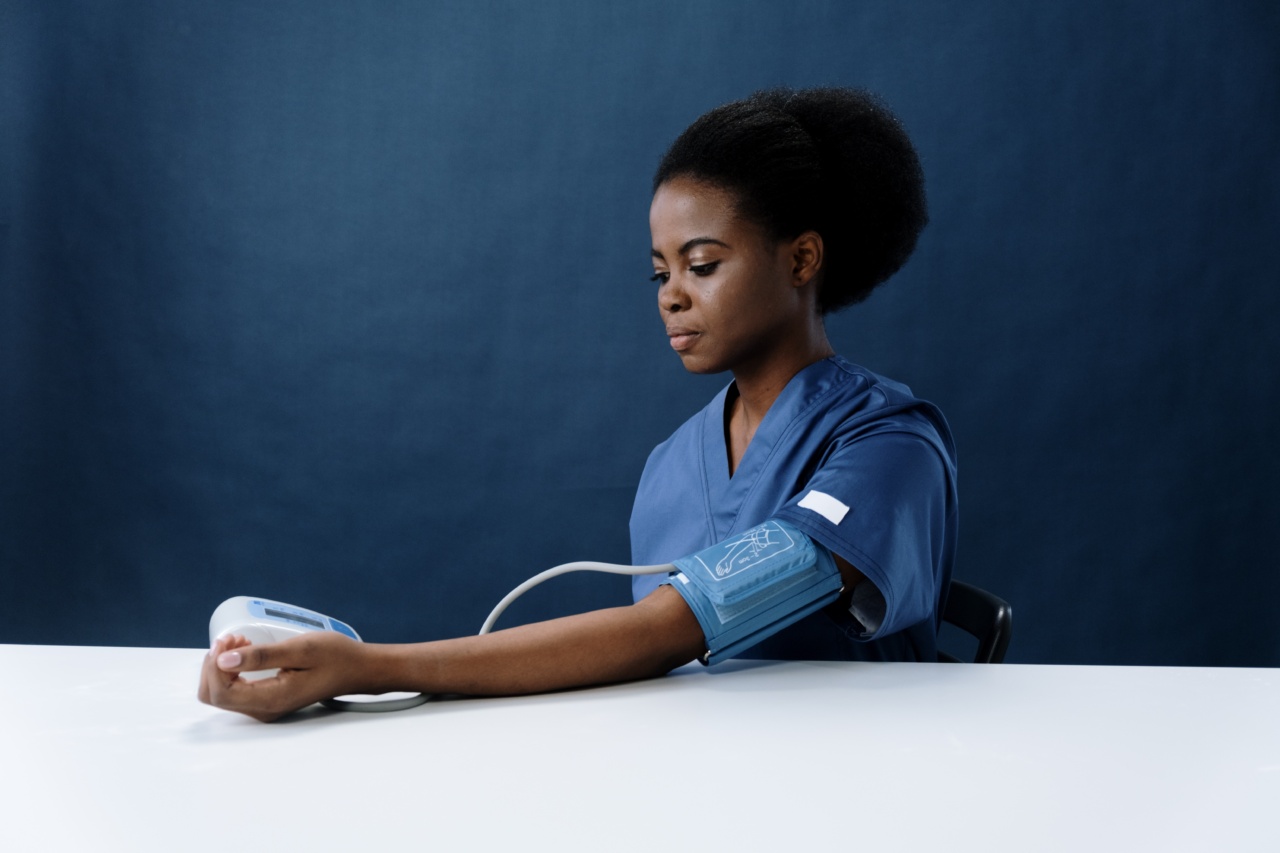More and more adolescents are falling victim to hypertension – a medical condition that has long been associated with seniors.
Hypertension, also known as high blood pressure, is a condition characterized by a persistently elevated blood pressure in the arteries.
What causes hypertension in adolescents?
While there are several factors that can contribute to hypertension in adolescents, the most common cause is obesity.
Obese children and teenagers are at an increased risk of developing hypertension due to the high pressure that fat tissue causes in the arteries.
Other factors that can increase the risk of hypertension in adolescents include a family history of hypertension, smoking, alcohol consumption, a diet high in salt and saturated fats, and lack of exercise.
Stress and anxiety can also contribute to the development of hypertension in adolescents.
Why is hypertension a deadly threat?
Hypertension can cause damage to vital organs, including the heart, kidneys, and brain. When the blood pressure is consistently high, it can cause the arteries to become narrowed or even blocked, causing permanent damage to organs.
Hypertension increases the risk of heart disease and stroke, which are the leading causes of death worldwide. According to the World Health Organization, high blood pressure is responsible for approximately 7.5 million deaths per year.
Hypertension can also lead to kidney disease, blindness, and cognitive decline.
How can hypertension be prevented?
The good news is that hypertension can be prevented in most cases. Adolescents can take the following steps to lower their risk of developing hypertension:.
- Maintain a healthy weight through regular exercise and a balanced diet rich in fruits, vegetables, whole grains, and low-fat dairy products.
- Limit salt intake to no more than 2,300 milligrams per day (about a teaspoon).
- Avoid smoking and excess alcohol consumption.
- Manage stress levels through relaxation techniques such as yoga, meditation, or deep breathing exercises.
In addition to these lifestyle changes, regular blood pressure checks are recommended to monitor one’s blood pressure and detect any abnormalities early.
This is especially important for adolescents with a family history of hypertension, overweight or obese adolescents, and those with other risk factors.
When to seek medical help
If you are an adolescent with the following symptoms, it’s important to see a doctor right away:.
- Dizziness or lightheadedness.
- Shortness of breath.
- Headaches.
- Chest pain.
- Blurred vision or vision changes.
- Blood in the urine.
- Fatigue or weakness.
These symptoms can be signs of hypertension or other serious medical conditions that require prompt medical attention.
Conclusion
Hypertension is a serious threat to adolescents, and it’s important to take steps to prevent it. A healthy lifestyle that includes regular exercise, a balanced diet, and stress management is key to preventing hypertension.
Adolescents with risk factors for hypertension should have their blood pressure checked regularly and seek medical attention at the first sign of symptoms.





























